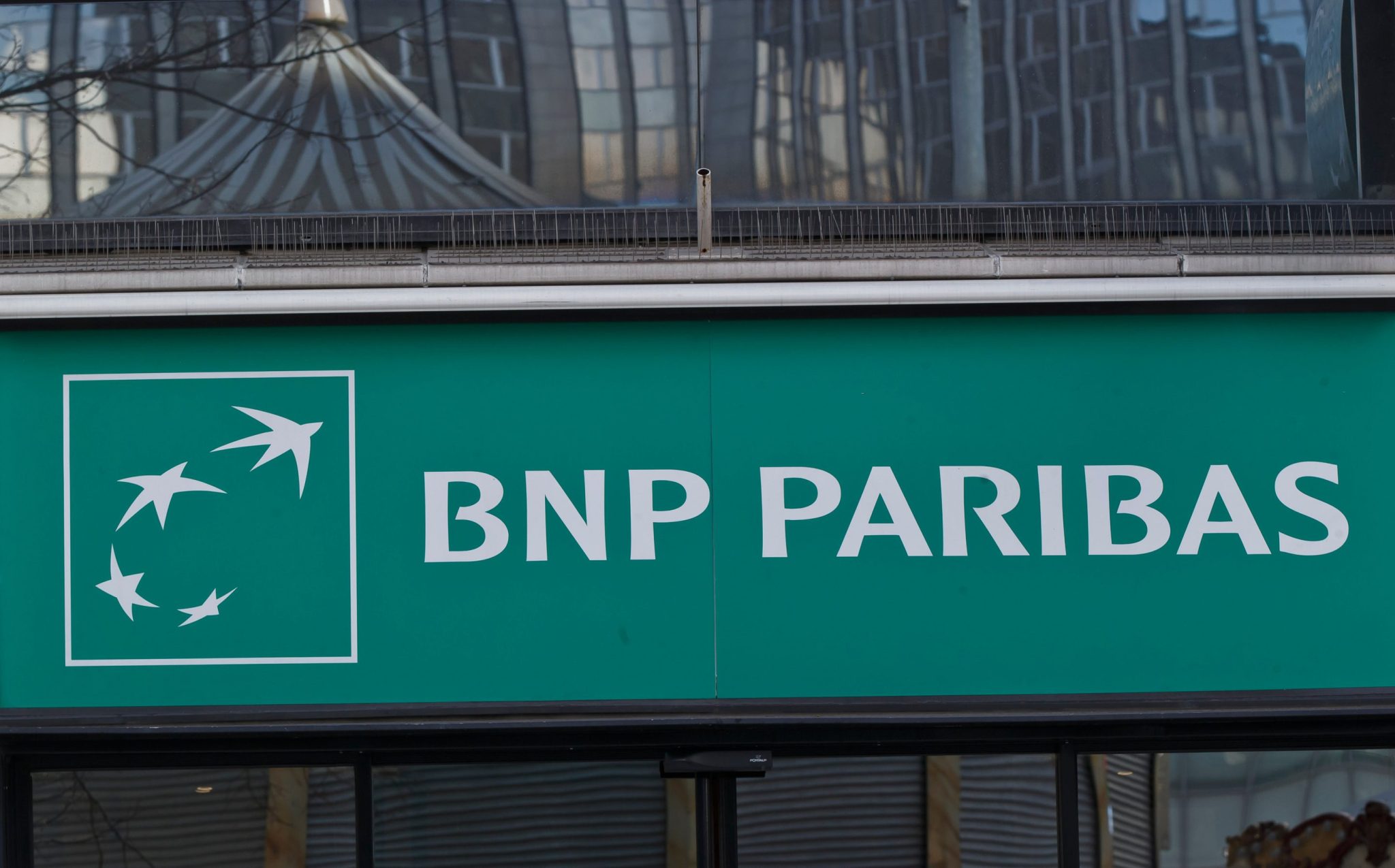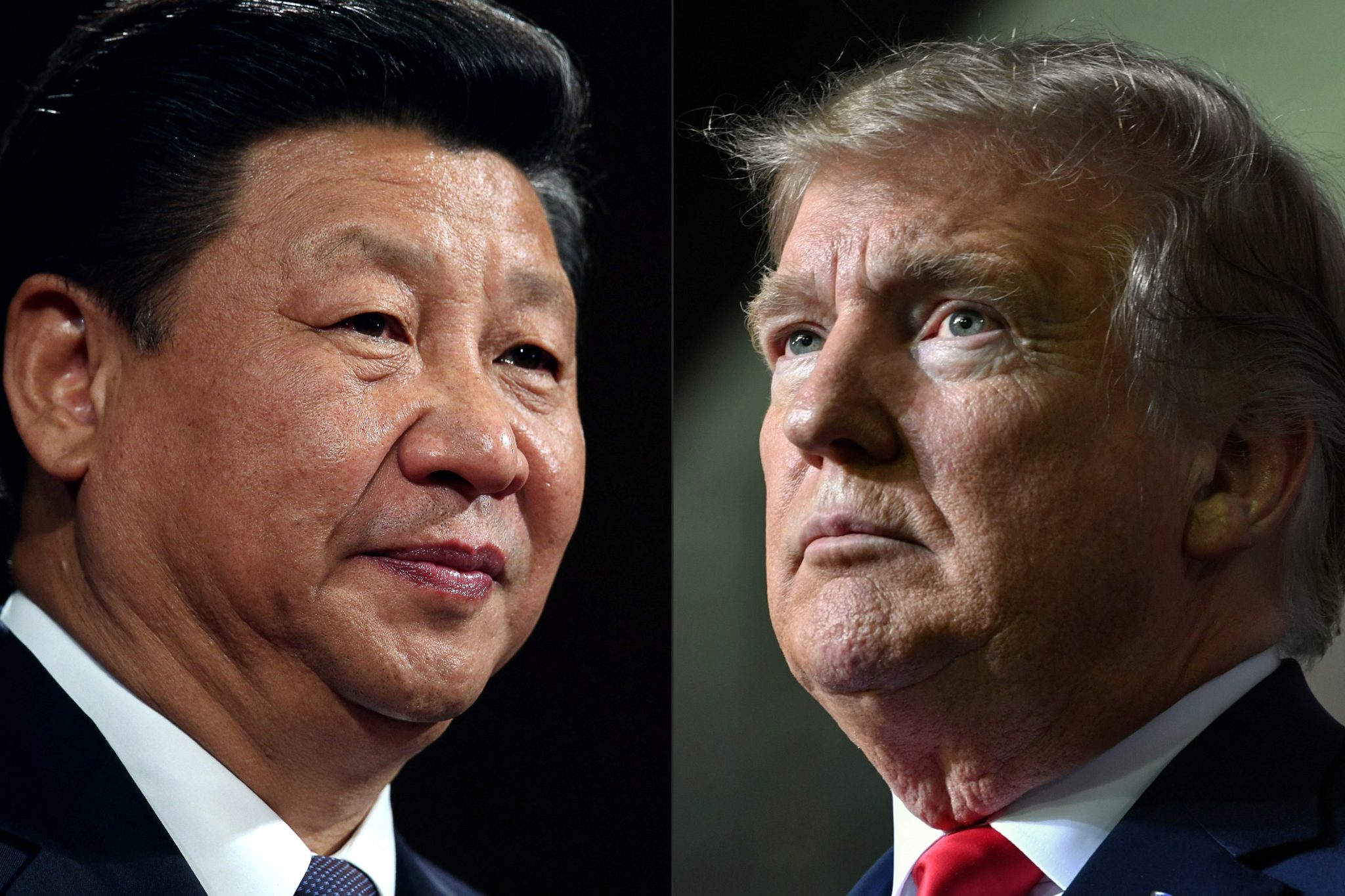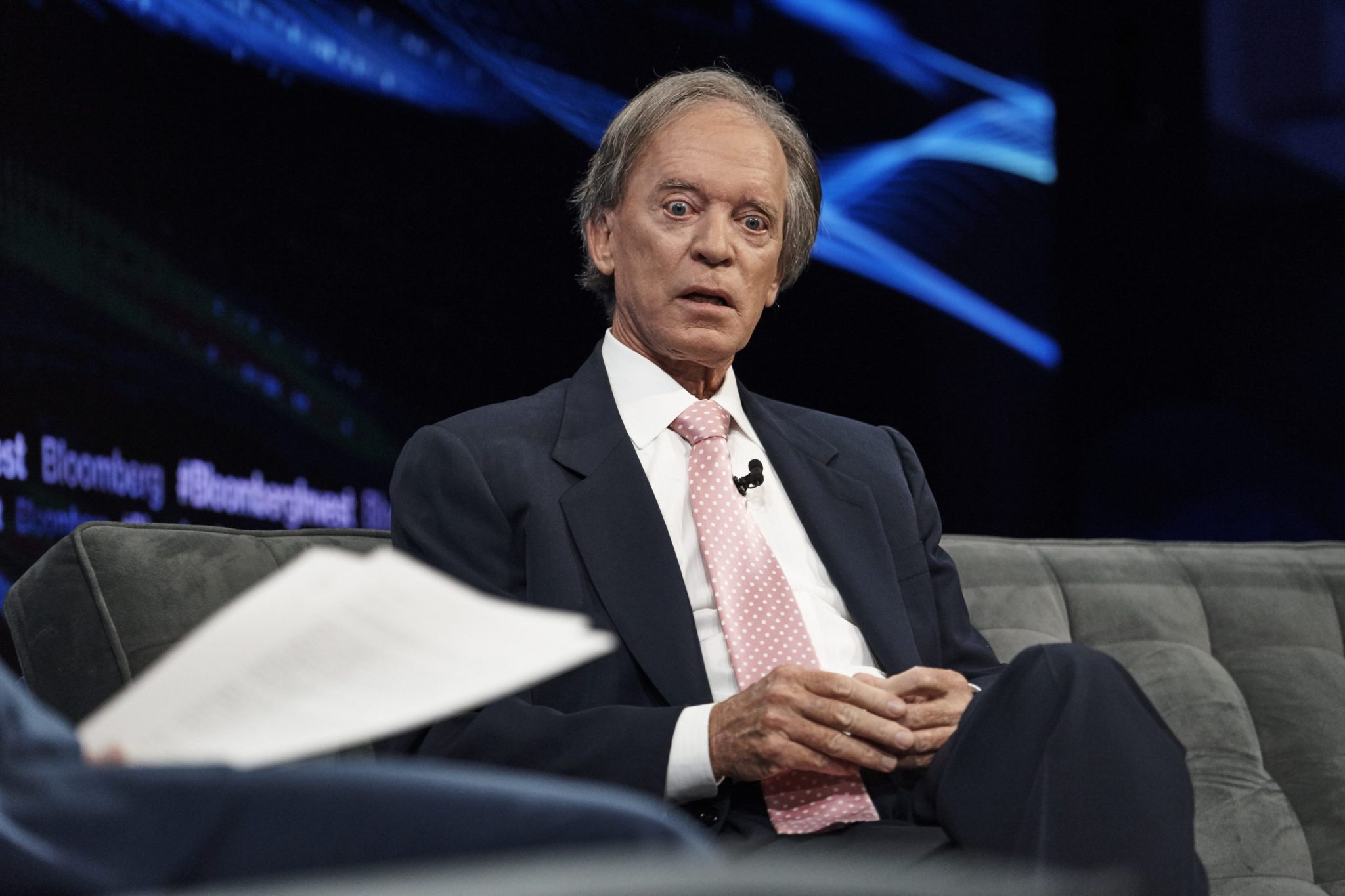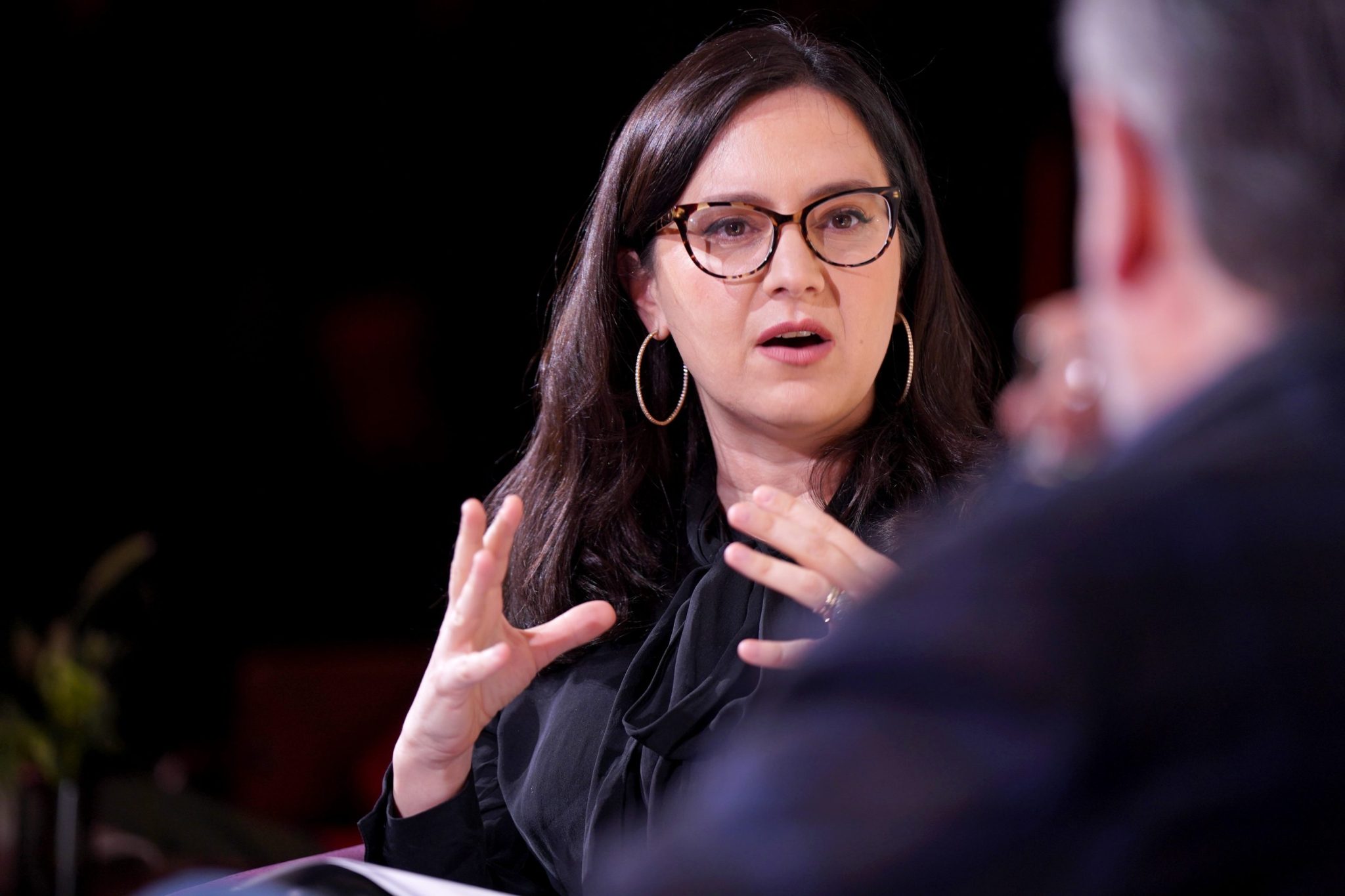
The similarities are striking. Like the internet companies of two decades ago, AI firms today attract massive investments based on transformative potential rather than current profitability. Global corporate AI investment reached $252.3 billion in 2024, according to research from Stanford University, with the sector growing thirteenfold since 2014. Meanwhile, America’s biggest tech companies—Amazon, Google, Meta, and Microsoft—have pledged to spend a record $320 billion on capital expenditures this year alone, much of it for AI infrastructure.
Even OpenAI CEO Sam Altman, whose company is valued at approximately $500 billion despite launching ChatGPT just two years ago, acknowledges the parallels. “
Are we in a phase where investors as a whole are overexcited about AI? My opinion is yes,” Altman said in August. “Is AI the most important thing to happen in a very long time? My opinion is also yes.”
But what actually caused the dot-com bubble to burst in March 2000, and what lessons does it offer for today’s AI boom? Let’s take a stroll down memory lane—or, if you weren’t born yet, some plain ole history.
The perfect storm of 2000
The dot-com crash wasn’t triggered by a single event, but rather a convergence of factors that exposed fundamental weaknesses in the late 1990s tech economy. The first critical blow came from the Federal Reserve, which raised interest rates multiple times throughout 1999 and 2000. The federal funds rate climbed from around 4.7% in early 1999 to 6.5% by May 2000, making speculative investments less attractive as investors could earn higher returns from safer bonds.
The second catalyst was a broader economic recession that began in Japan in March 2000, triggering global market fears and accelerating the flight from risky assets. This one-two punch of higher rates and global uncertainty caused investors to reassess the astronomical valuations of internet companies.
But the underlying problem ran much deeper: Most dot-com companies had fundamentally flawed business models. Commerce One reached a $21 billion valuation despite minimal revenue. TheGlobe.com, founded by two Cornell students with $15,000 in startup capital, saw its stock price jump 606% on its first day of trading to $63.50, despite having no revenue beyond venture funding. Pets.com burned through $300 million in just 268 days before declaring bankruptcy.
Infrastructure overbuild
Perhaps the most instructive parallel for today’s AI boom lies in the massive infrastructure overinvestment that preceded the dot-com crash. Telecommunications companies laid more than 80 million miles of fiber optic cables across the U.S., driven by WorldCom’s wildly inflated claim that internet traffic was doubling every 100 days—far beyond the actual annual doubling rate.
Companies like Global Crossing, Level 3, and Qwest raced to build massive networks to capture anticipated demand that never materialized. The result was catastrophic overcapacity. Even four years after the bubble burst, 85% to 95% of the fiber laid in the 1990s remained unused, earning the nickname “dark fiber.”
Corning, the world’s largest optical-fiber producer, saw its stock crash from nearly $100 in 2000 to about $1 by 2002. Ciena’s revenue fell from $1.6 billion to $300 million almost overnight, with its stock plunging 98% from its peak.
The parallels to today’s AI infrastructure buildout are unmistakable. Meta CEO Mark Zuckerberg announced plans this year for an AI data center “so large it could cover a significant part of Manhattan”. The Stargate Project, backed by OpenAI, SoftBank, Oracle, and MGX, aims to develop a $500 billion nationwide network of AI data centers.
Yet, crucial differences exist. Unlike many dot-com companies that had no revenue, major AI players are generating substantial income. Microsoft’s Azure cloud service, heavily focused on AI, grew 39% year-over-year to an $86 billion run rate. OpenAI projects $20 billion in annualized revenue by the end of the year, according to The Information, up from around $6 billion at the start of the year.
The big reality check
The dot-com crash ultimately came down to a harsh reality: Most internet companies couldn’t justify their valuations with actual business results. Companies were valued based on website traffic and growth metrics rather than traditional measures like cash flow and profitability.
Today’s AI companies face a similar test. While AI investment has reached historic levels, the revenue gap remains substantial. According to tech writer Ed Zitron, Microsoft, Meta, Tesla, Amazon, and Google will have invested about $560 billion in AI infrastructure over the last two years, but have brought in just $35 billion in AI-related revenue combined.
A recent MIT study found that 95% of AI pilot projects fail to yield meaningful results, despite more than $40 billion in generative AI investment. This disconnect between investment and returns echoes the fundamental problem that ultimately doomed the dot-com bubble.
The question facing investors today isn’t whether AI will transform the economy—most experts agree it will. The question is whether current valuations and infrastructure investments can be justified by near-term returns, or whether, like the fiber-optic cables of the 1990s, much of today’s AI infrastructure will sit unused while the market awaits demand to catch up with supply. As history shows, even transformative technologies can’t escape the gravitational pull of economics—so while the internet did change the world, it didn’t happen as quickly as some of its early champions promised, and several of those people who got ahead of themselves were humbled in the process.
For this story, Fortune used generative AI to help with an initial draft. An editor verified the accuracy of the information before publishing.
Credit: Source link













